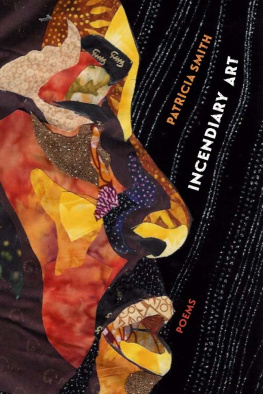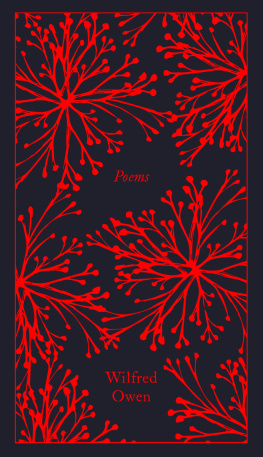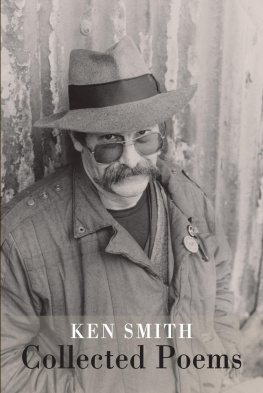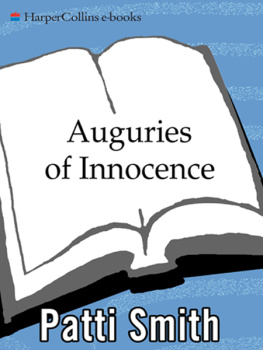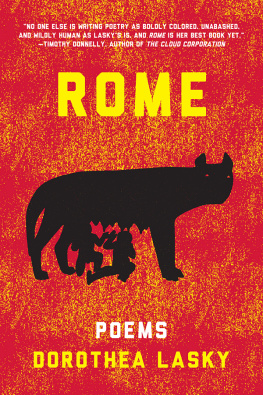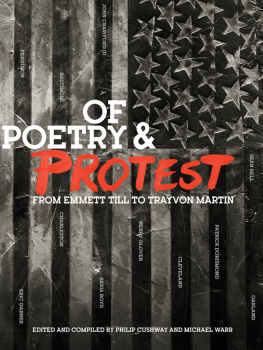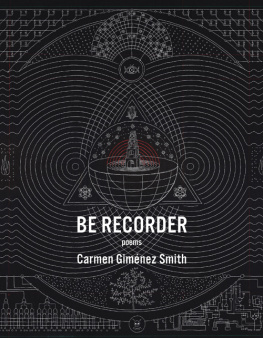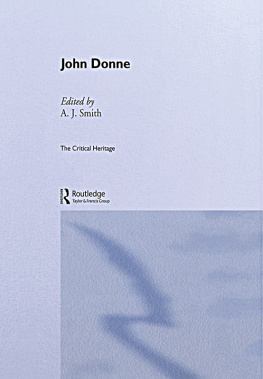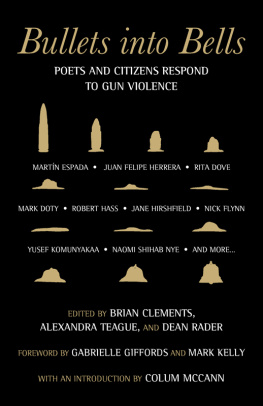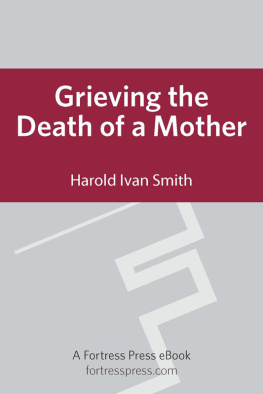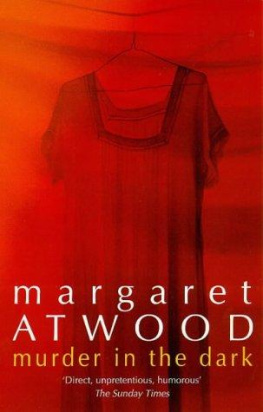INCENDIARY ART
POEMS PATRICIA SMITH *** TRIQUARTERLY BOOKS / NORTHWESTERN UNIVERSITY PRESS EVANSTON, ILLINOIS
iCopyright
TriQuarterly Books Northwestern University Press www.nupress.northwestern.edu Copyright 2017 by Patricia Smith. Published 2017 by TriQuarterly Books / Northwestern University Press. All rights reserved. Printed in the United States of America 10 9 8 7 6 5 4 3 Library of Congress Cataloging-in-Publication Data Names: Smith, Patricia, 1955-author. Title: Incendiary art : poems / Patricia Smith. Description: Evanston, Illinois: TriQuarterly Books/Northwestern University Press, 2017.
Identifiers: LCCN 2016036601 | ISBN 9780810134331 (pbk. : alk. paper) | ISBN 9780810134348 (e-book) Subjects: LCSH: Till, Emmett, 1941-1955--Poetry. | African Americans--Poetry. Classification: LCC PS3569.M537839 153 2017 | DDC 811.54--dc23 LC record available at https://lccn.Ioc.gov/2016036601 The paper used in this publication meets the minimum requirements of the American National Standard for Information Sciences--Permanence of Paper for Printed Library Materials, ANSI Z39.48-1992. 15, 1955 Sometimes the page was tacked, flush against plaster with a pearl hatpin, or jammed into a dime-store frame with a glowing Jesus. 15, 1955 Sometimes the page was tacked, flush against plaster with a pearl hatpin, or jammed into a dime-store frame with a glowing Jesus.
In some kingly front rooms, its place was in the shadowbox, propped on one ripped edge, or laid curly-cornered on the coffee table, smudged and eaten sheer with the pass-around. In the kitchen, it was blurred by stew smoke or pot liquor-blotched until somebody got smart enough to scotch-tape it to door of the humming fridge, and the boy without eyes kept staring. Mamas did the slow fold before wedging it into their flowered plastic coin purses, daddies found a sacred place in pleather wallets right next to the thought of cash. And at least once every week, usually on Sunday after church or when you dared think you didn't have to speak proper to that old white lady who answered the phone at your daddy's job, or when, as Mama said, you showed your ass by sassin' or back talking, the page would be pulled down, pulled out, unfolded, smoothed flat, and you had to look. Look, boy. And they made sure you kept looking while your daddy shook his head, mumbling This why you got to act right 'round white folk, then dropped his smoke-threaded gaze to whisper Lord, they kilt that chile more than one time.
Mama held on to your eyes- See what happen when you don't be careful? She meant white men could turn you into a stupid reason for a suit, that your last face would be silt, stunned in its skid and worshipped, your right eye reborn in the cave of your mouth. Look! she screeched. You did. But then you remembered there weren't any pictures of you in the house, pinned high on the wall, folded up tight up against the Lord, toted like talisman in wallet or purse. You'd searched, woe climbing like river in your chest. But there were no pictures of you anywhere.
You sparked no moral. You were alive.
Enigma of the Shadowbox Swine
What was the import of the wee porcelain piglet? Nobody really knew. But there it blared, zippy-eyed, nuclear, curly tail ass-backed by a reflection of itself . On a prime shelf, often joined by its more mystical kin--unicorns, roosters with lips, tawdry dragons gazing deep into days they didn't have--the moppet bore no resemblance whatsoever to the fragrant carcass we siphoned of blood and scraped clear of bowels for the reunion barbecue. Every Negro household had at least one shatter-prone piglet as treasured keepsake, swiped lovingly with Pledge every other Sunday, shuffled fro and to depending on the angle of morning light.
As decreed, the Lord was represented, wistful on the sweat-stained back of an old AME fan, or ceramic and indigo-eyed, all-knowing, always crucified. And there was that funeral program for Uncle Walter, Mama's big brother who got old and older then just wasn't anywhere, but sure did look like he could just sit on up outta that casket, and a nicked souvenir saucer from Natchez, with a dewy cotton field undulating in pastel steam. Higher up, that grease-fingered still of dead dead Emmett as deterrent, next to a tiny gold-rimmed teacup--all we knew of elegance--and that one murky Polaroid of gray, unreachable relatives. But always, stark center, our plump-cheeked porker, a gilded city hog crafted to remind us of where we had come from, what we had come to live high on.
Incendiary Art
The city's streets are densely shelved with rows of salt and packaged hair. Intent on air, the funk of crave and function comes to blows with any smell that isn't oil--the blare of storefront chicken settles on the skin and mango spritzing drips from razored hair.
The corner chefs cube pork, decide again on cayenne, fry in grease that's glopped with dust. The sizzle of the feast adds to the din of children strutting slant, their wanderlust and cussing, plus the loud and tactless hiss of dogged hustlers bellowing past gusts of peppered breeze, that fatty, fragrant bliss in skillets. All our rampant hunger tricks us into thinking we can dare dismiss the thing men do to boulevards, the wicks their bodies be. A city, strapped for art, delights in torching them--at first for kicks, to waltz to whirling sparks, but soon those hearts thud thinner, whittled by the chomp of heat. Outlined in chalk, men blacken, curl apart. Their blindly rising fume is bittersweet, although reversals in the air could fool us into thinking they weren't meant as meat.
Our sons don't burn their cities as a rule, born, as they are, up to their necks in fuel.
BlessBlessed
The burglar-barred church is warp, cardboard tilt. Spiced smoke from salvation candles fogs the way in. Amen to the lil' flailers, stiff in pinafore and patent, scalps greased to glow, their squirming buoyed by the adamant yowling of that organ and best-sit-still glower from the elders--those dry baffling women who bop synthetic cinnamon heads, their tinny voices straining for the rafters. Pious knots, frayed but holding, they will be lovingly unraveled by Jesus soon enough. In spit-shined halls doused in brocade, they pray past Him in stunning rote, vowing to be undone by His wounds, His azure-eyed swoop, some stuff He said, all those hazy guide marks floundering in a confounding text.
This Sunday here, a real good Sunday. The reverend leaps, threatening his natural spine, screeches of joy in the next world: Just no feeling like when the Lord brings you home then wraps His arms around you. Pews of the grizzled tingle. Tambourines crash, ripple straight through to the backside, Tony the organist stomps feral in his own sky, the choir sets its sights on all those old bones. The Ghost shoves the agile into the aisle. Stockings rip, matrons swirl, even the elders careen in their seats when the reverend turns his lesson to fist: You might not wake up tomorrow.
You might not make it home tonight. But think hard on what glory you got waitinl Service ends, or tries to, with a keen blaze lapping the walls. From the basement wafts the siren stench of church supper- chicken necks wilting in oil, collard greens, pork chops, roasted yams rolled in brown sugar. Old folk groan gratitude, say grace twice, slurp bounty from slow fingers, hiss hush at those black obnoxious children. When they finally stand, it is clearly an unfolding, pleats released and tumbling low to brush brogans. Goodbye is blessbless and then the plod from their church home to their own, passing corner stores dank behind padlock and link, brick scarred with names of ruined children.
No matter which way they trundle, it's a wade through a dimming drum. Cars buzz their skin, street signs blur. They think it's faith poking them forward through ambling turn and turn, but it's that devil, besotted by sermon, who guides them home. Tonight, again, he'll sit patiently by their beds, clucking suggestively in the direction of their rest.

